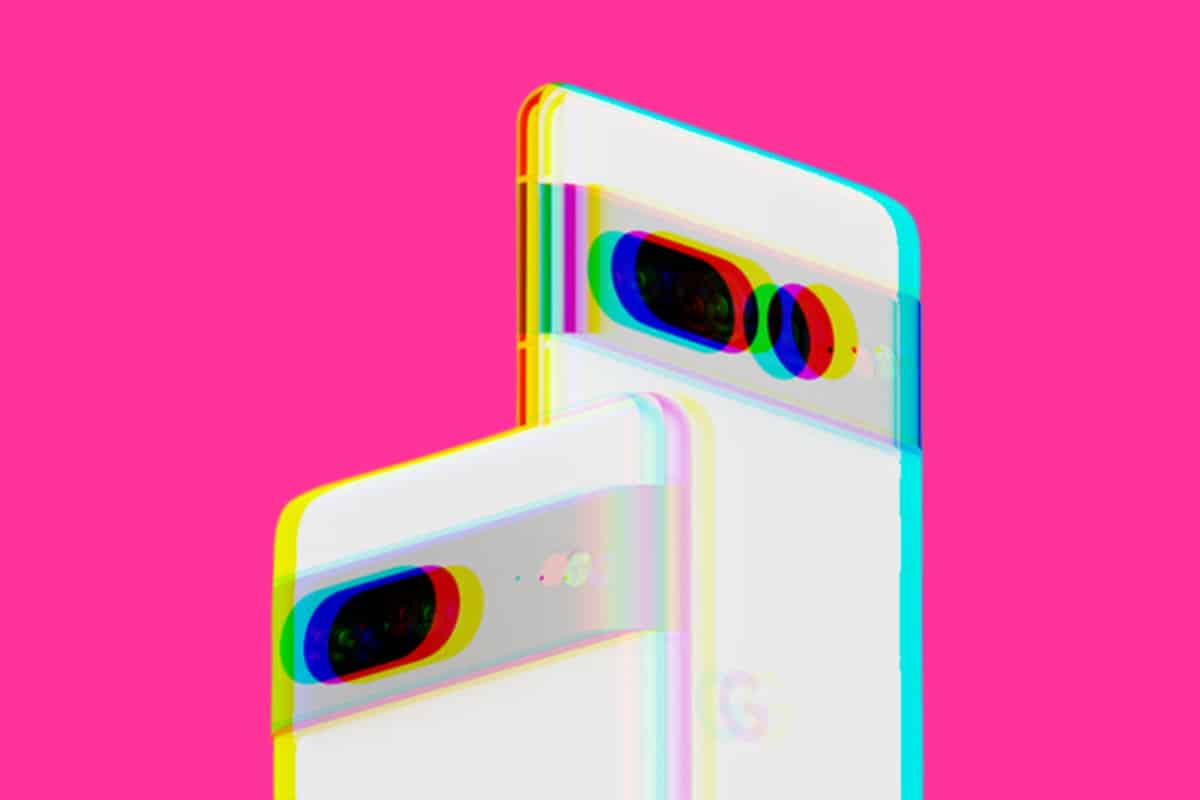Google’s incoming Pixel 7 and Pixel 7 Pro phones will support the new LC3 codec which will improve audio performance over Bluetooth
Google’s Pixel 7 and Pixel 7 Pro aren’t even official yet but we already know that music and audio will sound A LOT better on them. How so? Well, according to code found inside the phones’ software, both the Pixel 7 and Pixel 7 Pro will support a new Bluetooth codec, specifically the LC3 codec.
To be clear, Android 13 does support Bluetooth LE Audio, but the standard itself was only just finalized in July. This means, that despite supporting the new standard, no current Android phone runs this newer type of Bluetooth. Google’s Pixel 7 and Pixel 7 Pro look to be the first.
Here’s the story behind how the new codec was discovered:
A recent code change spurred a developer to ask if the specific file in question was created as an example or if the file needed to be installed somewhere. In response, a colleague gives two examples of where this installation would come into play: “p22” and “p23a.”
Now, you don’t have to be Benoit Blanc to connect some dots with those codenames. The first, “p22,” refers to the 2022 mainline Pixel phones — the Pixel 7 and 7 Pro — while “p23a” refers to next year’s A-series entry, the Pixel 7a.
Source
What is Bluetooth LE Audio?
Bluetooth LE Audio standard, specifically, its LC3 codec, is designed to produce high-quality audio at a lower bitrate which is a roundabout way of saying phones that support this codec will produce higher quality audio without requiring any additional power – it’s more efficient and you get better sounding audio. Basically, it’s a win/win situation for everybody.

The only real downside, at least at the moment, is that because the standard is so new, no current wireless headphones support it. Certain headphones will be updated to support it, of course, but not all, so it might be a while before the vast majority of people get to experience the benefits Bluetooth LE Audio brings to the table.
Beyond this, the Pixel 7 and Pixel 7 Pro – as well as the now confirmed Pixel 7a – will also support Auracast. What is Auracast? It’s essentially an audio-sharing technology that’ll allow users to share audio, wirelessly, between devices. It also has hugely positive implications for hearing aids too.
Hearing and understanding speech in various environments can be a daily struggle for people with any degree of hearing loss. Audio quality innovations can benefit everyone, while also improving communication access to those with hearing loss. Having choices in technology to meet the varying needs of people with hearing loss is critical. The advent of technologies like Auracast™ broadcast audio has the potential to give people who wear hearing aids and cochlear implants an important new option for hearing access in their everyday lives.
Source
But Google’s New Pixel Buds Pro DO NOT Support Bluetooth LE Audio
Bluetooth LE Audio is, of course, a wireless audio thing, so in order to experience it, you will need a pair of wireless headphones or earbuds that support Bluetooth LE Audio. For some reason, Google opted to NOT add support for the Bluetooth LE Audio standard inside its newly launched Pixel Buds Pro.
Why? Because it’s Google – it doesn’t think that far ahead. It is possible that Google could add support for Bluetooth LE Audio via an update, but, again, I have no idea about the INS and OUTS of deploying this kind of technology.
Having said that, Bluetooth SIG, the body behind the Bluetooth standard, has confirmed that “some” current wireless headphones can be updated to support Bluetooth LE Audio. Sadly, it didn’t name names or give any examples. Given that Bluetooth LE Audio is natively supported inside Android 13, I’d assume that Google has plans in place to bring it to its Pixel Buds Pro.


